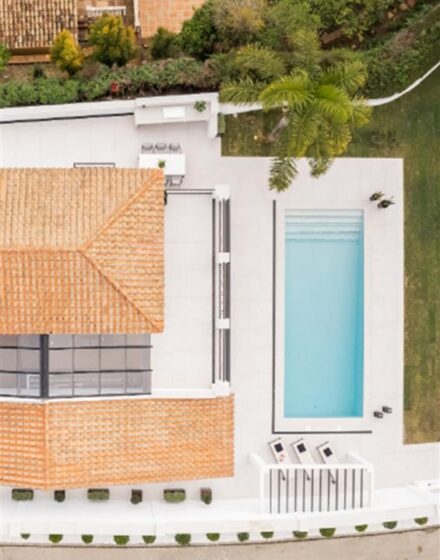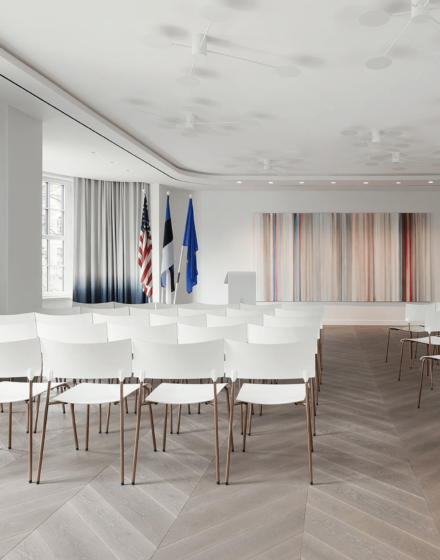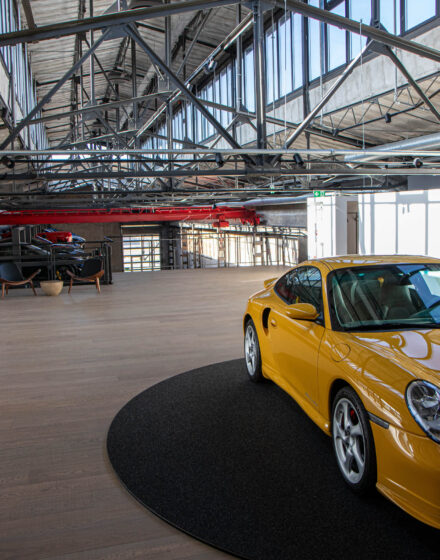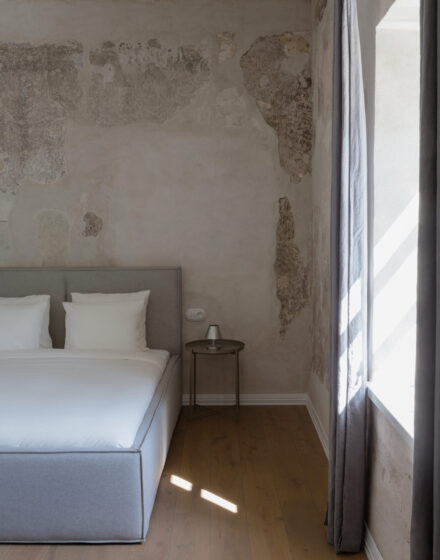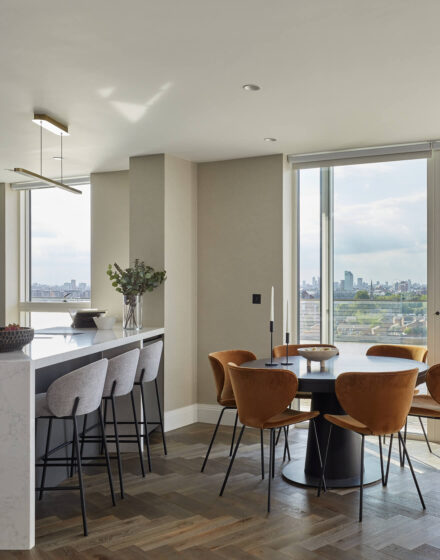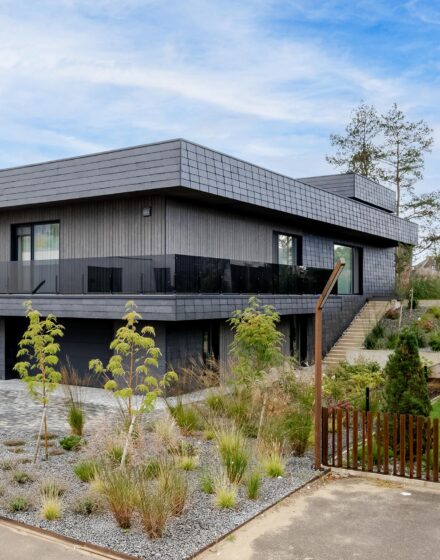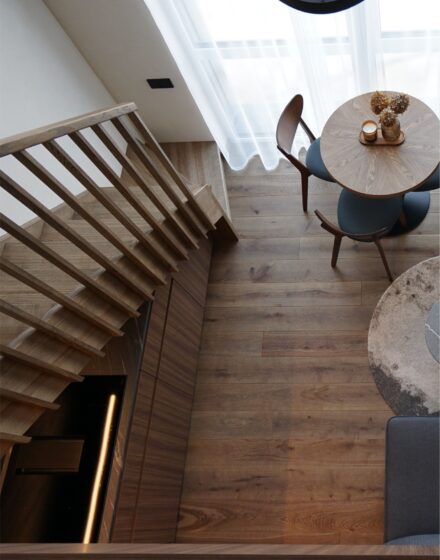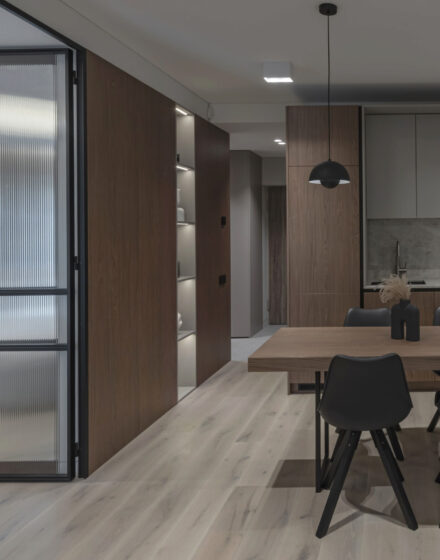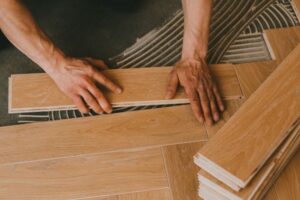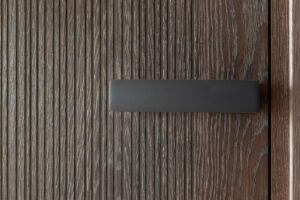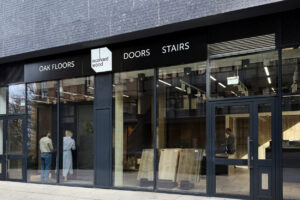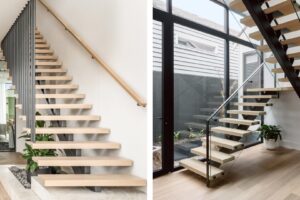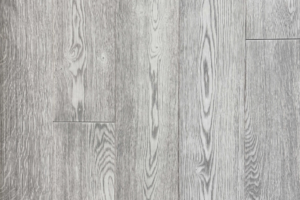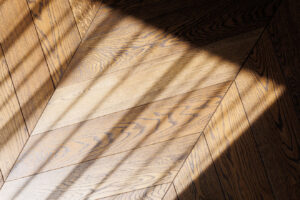Choosing a floor is an important, responsible decision that everyone spends a lot of time, thought and consultation with experts.We can make this task easier by sharing our experience and expertise on how and what hardwood flooring is made of, what materials are used in the production of floors, what is important to consider when choosing a floor that will provide a healthy environment. We believe that a well-informed customer will always make the right decision.
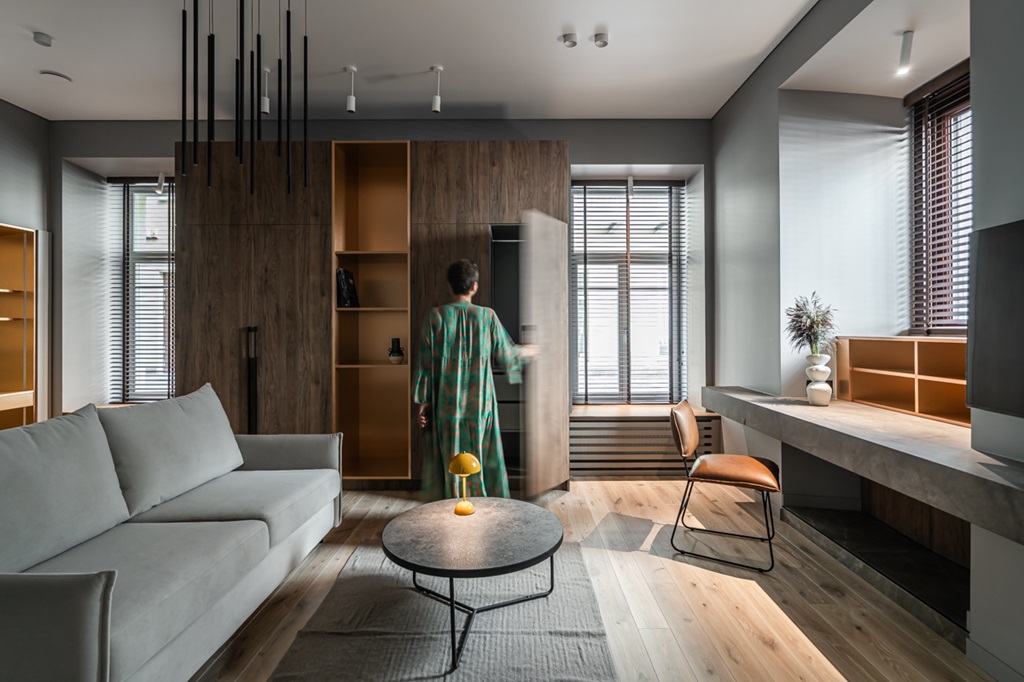
Hardwood Flooring From Eco-friendly Materials
One of the main advantages of hardwood flooring is the natural production process. The oak floorboards produced in our factory are an engineered product, i.e. a two- or three-layer glued board. The three-layer floorboards feature an advanced symmetrical “2 x oak” construction. It is important to know that the interlayer is made with the highest quality formaldehyde-free adhesives, and is perfectly suited for a safe and healthy life. The finish of the flooring surface is SAICOS eco-friendly oil, which is recommended by German health experts for coating children’s wooden toys.
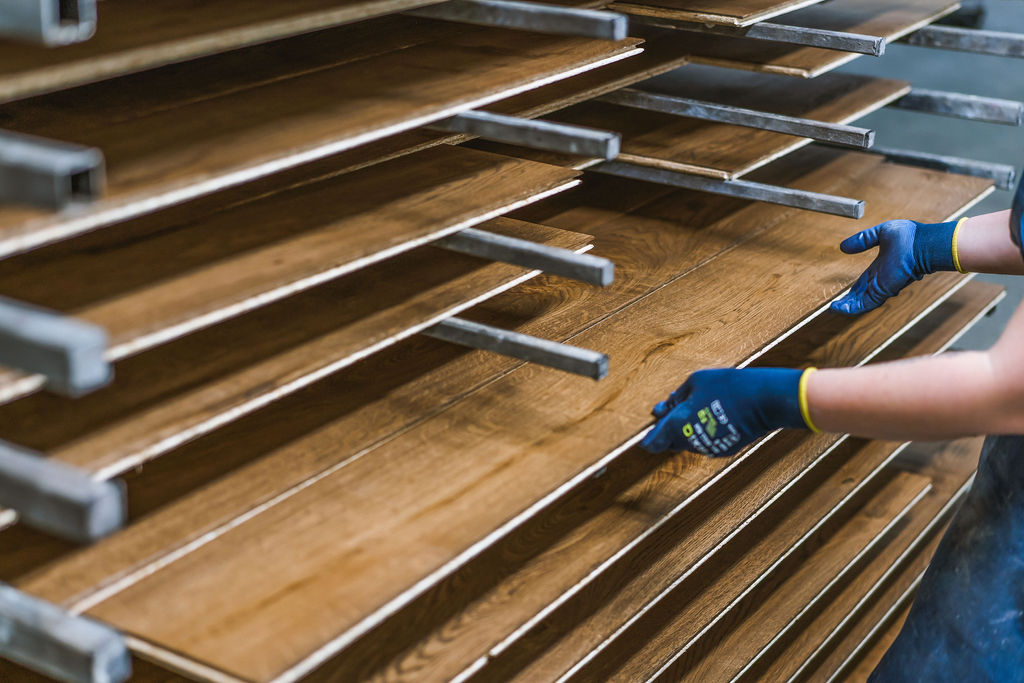
Volatile Organic Compounds (Vocs): What Are They and Why Do You Need to Know About Them?
Volatile organic compounds, commonly known as VOCs, are a group of organic chemicals that can easily evaporate into the air. They are released as gases from various solids and liquids and contribute to indoor and outdoor air pollution. VOCs can be found in a wide range of household products and building materials, including paints, cleaning products, adhesives and floor coverings.
Health professionals and environmental researchers are concerned about the effects of VOCs on human health. Long-term exposure to elevated levels of VOCs can lead to a range of health problems, affecting both respiratory and general well-being. The most common symptoms associated with exposure to VOCs are eye, nose and throat irritation, headaches, dizziness and nausea. Health experts, including organisations such as the World Health Organisation (WHO), have carried out extensive studies on the health effects of VOCs. The findings emphasise the importance of minimising exposure to VOCs, especially indoors where concentrations can be higher. People who already have respiratory problems, such as asthma or allergies, are particularly susceptible to the adverse effects of VOCs.
Vinyl Flooring: Assessing the Risks
Vinyl flooring is a synthetic product, often using PVC (polyvinyl chloride) and other synthetic materials in the manufacturing process. Many vinyl floors on the market emit volatile organic compounds that can contribute to indoor air pollution. It is no coincidence that vinyl flooring manufacturers and sellers themselves have specific recommendations on how and for how long to intensively ventilate rooms with vinyl flooring. The very fact that such recommendations are in place implies that manufacturers recognise that vinyl flooring is a solution with risks to health and well-being. The recommendations for active ventilation after the installation of vinyl flooring are very varied and make for a thoughtful and responsible choice: open windows and doors for days to weeks, special fans, even the development of air purifiers that are designed to ‘capture’ the volatile particles emitted, and a warning not to raise the temperature of the room to extremely high temperatures as the heat encourages the release of volatile compounds. This is a serious alarm for those with underfloor heating and those considering vinyl flooring.
Objectively speaking, it must be acknowledged that the technology has been developed to produce vinyl flooring with significantly reduced VOC emissions. Such floors are highlighted by their extremely high price.
Recommendation: always ask for quality and other certifications that reliably show that you will not have to breathe chemical compounds in your home.
All Floors Scratch
Not all experts may admit it publicly, but everyone knows – all floors scratch. The question is, what can damage them, and what to do if they are scratched?
Oak is a hardwood, so oak flooring is strong, but if you are careless with a sharp object, a tool, pushing furniture, etc., you can scratch wooden flooring. In turn, the strong plastic layer creates the myth of vinyl floors being scratch-proof. We certainly do not suggest that owners of such floors do the test. It is better to believe and accept the fact that all kinds of floors can be scratched and damaged. What’s more, vinyl floors are damaged by rubber, and you should not use furniture with rubber castors or a mat with a rubber backing.
Let’s consider the options available to the owner of natural wood and vinyl floors to repair the scratch. In terms of practicality, wooden floors have the advantage of ease of maintenance and repair. Wooden floors are generally easy to clean and, if scratches or damage occur, the damaged area can be sanded or refinished. It is a sustainable choice in every sense. Although vinyl is scratch-resistant, if it is damaged, the whole floor has to be replaced – extra cost, care, time.
Recommendation: when choosing your flooring, plan for longer than the first 10-15 years, weigh up all the risks and benefits. A good choice of quality flooring, well laid, is either a smart investment that increases the value of your home or a short-term solution that programs new costs.
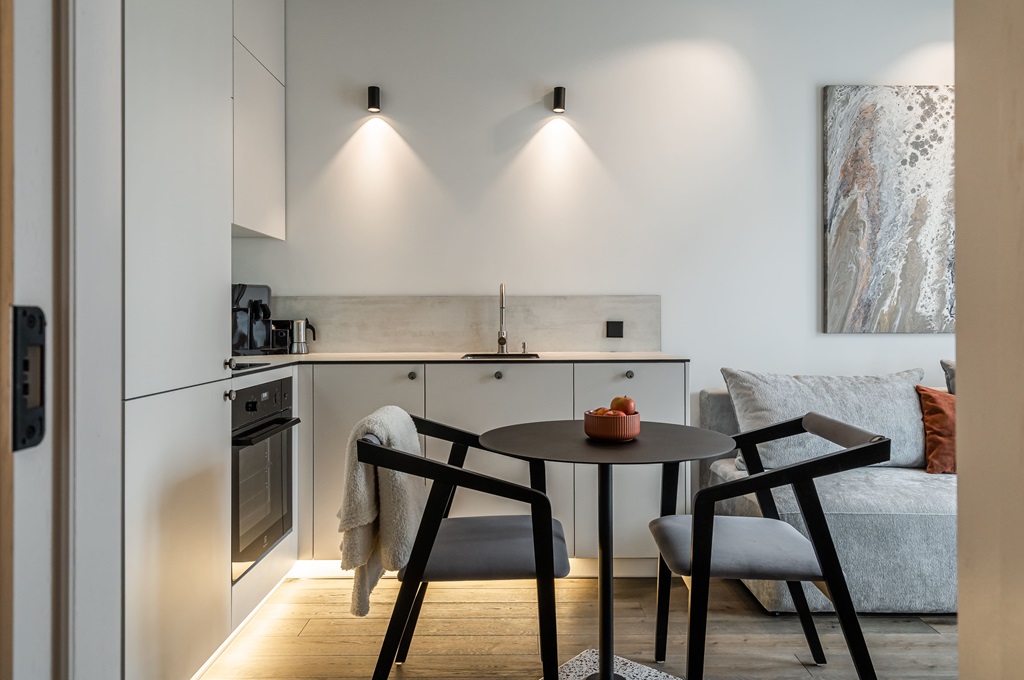
Final Insights
- Always ask the seller what materials are used in the manufacture of the flooring you are considering.
- Always ask for certificates confirming quality and composition.
- Ask yourself what kind of air you will be breathing if you install the particular floor.
- Evaluate the product even more carefully if you plan to install for under-floor heating – the risk of chemical contamination increases at higher temperatures.
- Check the maintenance and refurbishment options.
- Flooring is a long-term investment, so plan responsibly, considering all aspects: health benefits, maintenance and refurbishment, durability, suitability for under-floor heating, etc.
- Take a look and bust the myth: in fact, the price of wood flooring can be very attractive and can easily compete with synthetic flooring. Just compare apples with apples. When clients consider that in 10 years they will not have to replace wooden flooring, whereas it may be needed to replace synthetic flooring, the rational thinkers understand that wooden flooring is a good investment.
Ready to learn more about our hardwood flooring and its production? Book a call with us.

